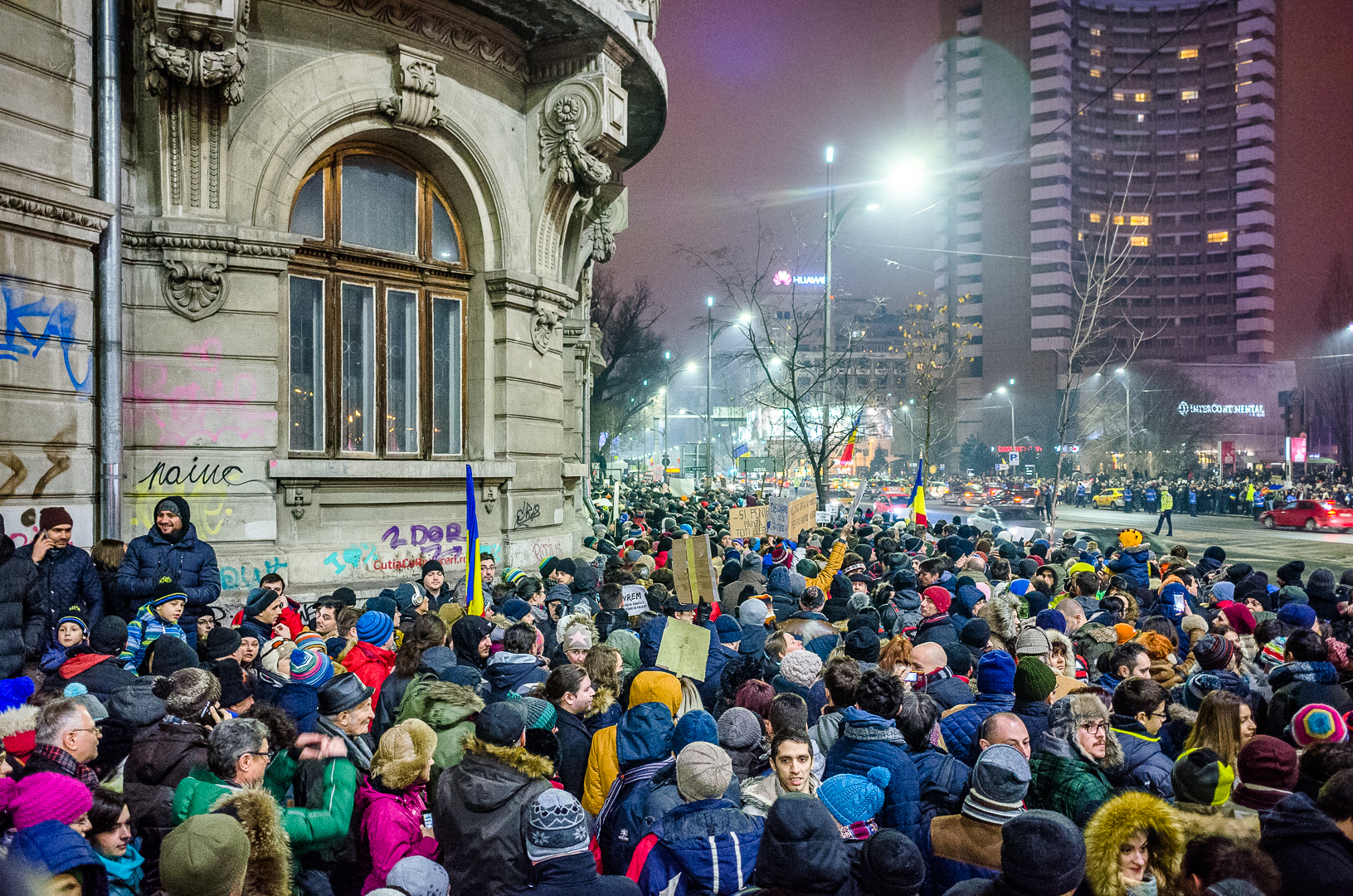Corruption and Human Rights
By Veronica Lira Ortiz
[divider]
[dropcap]C[/dropcap]orruption is undeniably one of the world’s largest problems. The last couple of years have been marked by the release of large amounts of data on corrupt practices around the world. Prime ministers have stepped down, companies have been thoroughly audited, government officials have been imprisoned. However, despite the legal actions that information leaks have led to, people all around the world have not seen a direct response to the violation of their rights.
Most of us know how to identify a corrupt act even if we haven’t experienced bribery, fraud or nepotism face to face, but the term “corruption” still remains ambiguous, and there is no clear or unified definition across the world. According to Elaine Dezenski, the founder and CEO of LumiRisk – a think tank that advises international clients on financial integrity and anti- corruption, a more specific definition of what constitutes corruption is needed in order to prosecute and punish it effectively around the world. She explains that even though many anti-corruption legal frameworks are now in place, more work is required to implement anti-corruption legislation globally. However, lack of enforcement remains the greatest challenge.
Corruption affects human rights in a variety of ways, yet it is still not considered a “human rights violation.” Instead, it is solely deemed an international offense. Dezenski argues that there is a need to protect the universality of human rights, and to do so, we must stop regarding corruption as something cultural or contextual. The ambiguity of the concept makes it more difficult to include anti-corruption among human rights issues.
The consequences of corruption are far worse than they appear in plain sight. Between 2012 and 2016, Javier Duarte in Mexico transferred millions of pesos from public funds into his private accounts, including money destined to health providers and security forces. Because of this, dozens of children were given false cancer treatments in Veracruz: children were given water instead of chemotherapy treatments. Funding was also cut from security and police forces; 2,500 homicides were registered during Duarte’s administration.
Acts of grand corruption usually involve a set of illegal actions – like the bribery of public officials, substitution of materials or resources, the complicity of a group of actors – that may lead to fatal consequences. Dezenski explains that for a number of years, the anti-corruption community has discussed the possibility of prosecuting cases of grand corruption. “This could have a positive impact on raising awareness and reform, and may fill a vacuum if a state is unable or unwilling to prosecute certain cases of grand corruption. There is no universal agreement on whether such a court is the missing tool in the anti-corruption toolbox,” she adds.
***
Even while Transparency International has been pivotal in the battle against corruption, there is a growing trend of civil organizations that seek to prevent and fight corrupt practices. Online platforms have also become a way to create awareness about corrupt practices. For example, when the Paradise Papers, an information leak on international offshore investments, were made public last November, thousands of social media users spread the information through different channels. Users also called for boycotts of major companies and institutions, and organized peaceful protests against government officials. Journalists and media have become crucial for investigations of corrupt practices. “Civil society is in a unique position to jump-start the conversation, and make available tools and information that help both business and government advance their anti-corruption efforts. Those who are courageous enough to address broad-based public injustice […] deserve the strong support and gratitude of the global community,” says Dezenski.
***
What should be done to protect human rights from corruption? There is still no clear answer to which mechanisms are best to prosecute and punish the perpetrators.
One response may be deeming corruption as a crime against humanity, which can be defined as a deliberate and knowledgeable act that causes widespread human suffering or death. By adding “corruption” to this list of crimes, there would be a possibility to encompass criminal liability not only to the members of the government but also to multinational corporations. Taking the case of Duarte, the outcomes of corruption were both widespread and systematic. People died due to the negligence of the government towards public programs–including health treatments–and security. And even if the ultimate goal of transfering funds was self-enrichment, the perpetrators knew that their acts would have major consequences.
Another solution to protect human rights may involve strengthening the international anti-corruption community, with greater emphasis on enforcement strategies and accountability frameworks. For Dezenski, “a public reckoning can help countries move beyond the impact of corruption, and over time, help establish new norms around accountability.” Countries must perfect their legal structures in order to ensure that their political and economic institutional frameworks are no longer exploited through corruption.
It is the State’s responsibility to take care of its citizens and protect them from the severe consequences of corrupt acts. Those who have been damaged by corruption should feel safe enough to step forward and raise their voice, whether they are direct victims or witnesses. In the future, whistleblower and witness protection programs will be key to preserving the rights of the victims of corruption.
[hr]
Veronica A. Lira Ortiz is a Visiting International Student in Branford College. Contact her at veronica.liraortiz@yale.edu.
